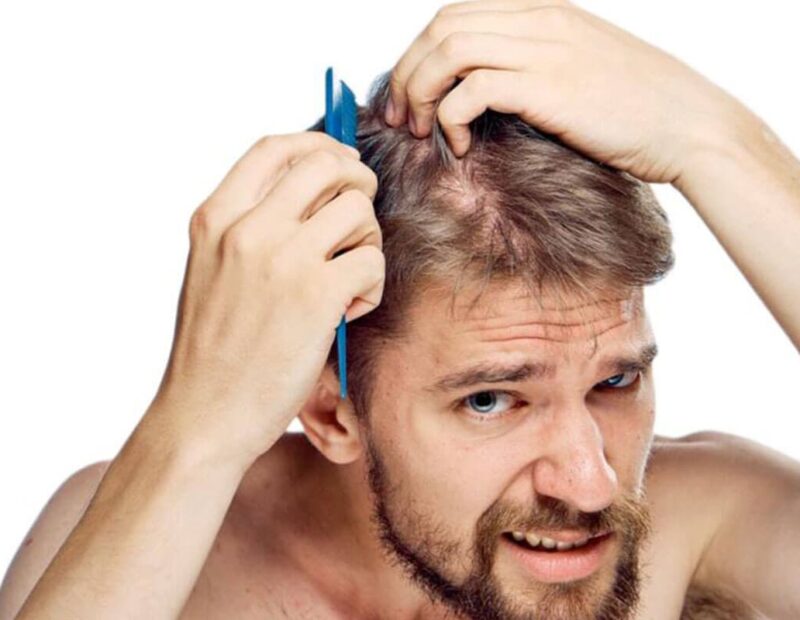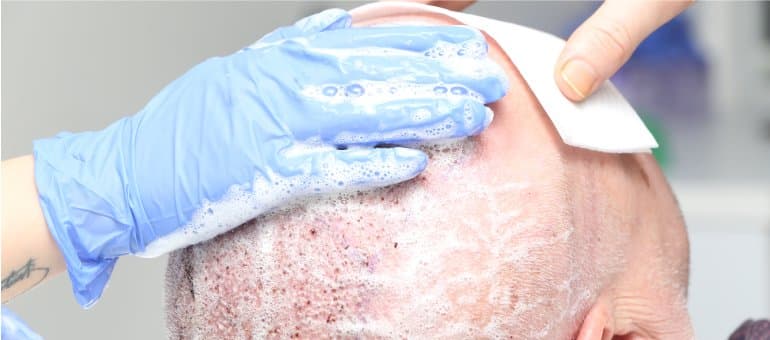When considering hair transplant surgery or any other aesthetic procedure, we should be aware of the hazards involved. The success rate of hair transplanting treatments has already surpassed 90%. However, not all of the applicants go through the same process of recovery. We’d like to point out that hair transplantation following surgery is uncommon, but it does depend on how the patient’s body reacts to the procedure.
There is no link between being a good candidate for hair transplant surgery and the possibility of pain or other complications. Before undergoing hair transplant surgery, a good candidate must meet certain criteria. These are the requirements:
- A favorable state of health
- Diabetes is not present.
- There are no chronic diseases.
- There will be no chemotherapy sessions.
- Non-smoker and alcoholic
- There are no skin illnesses.
All of these are required for successful hair transplant surgery. Even if you have all of these, you may still experience negative effects from hair transplant surgery.
Pain After Hair Transplantation
In order to provide the utmost comfort during standard hair transplantation surgery, patients are given local or general anaesthetic. The term “best comfort” refers to the least amount of pain experienced during surgery. People do not experience any discomfort, although they may have itching from the needle throughout the procedure.
The surgical regions are wrapped with bandages after surgery, and the patient is not allowed to remove them during the first few days of recuperation.
However, everyone’s immune system and metabolism are different. Swellings and inflammation over the surgical area, as well as discomfort, may occur if the immune system targets hair strand.
There aren’t many occasions in which people have endured excruciating suffering. The majority of the patients’ unpleasant experiences aren’t excruciating. However, if they do, the doctor’s advice on transcribing medications may be required.
The doctor will prescribe the most effective pain reliever for you. Because not all medicines act in the same manner, it’s also important to follow the correct pharmaceutical plan while dealing with such issues.






